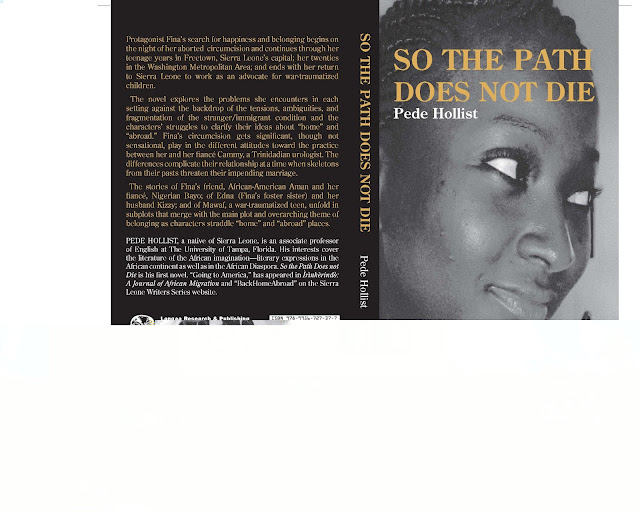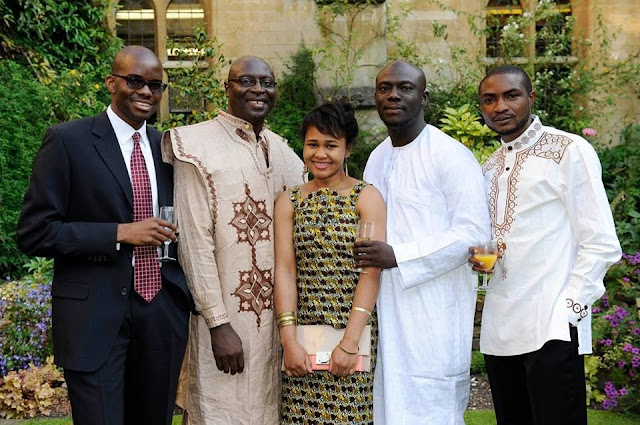Summer hangout with Pede Hollist's So the Path Does Not Die

Pede Hollist, a native of Sierra Leone, is an associate professor of English at The University of Tampa, Florida. His interests cover the literature of the African imagination—literary expressions in the African continent as well as in the African Diaspora. So the Path Does not Die is his first novel. His short story "‘Foreign Aid" was on the shortlist for the 2013 Caine Prize for African Writing. Vitabu : I found So the Path Does Not Die a remarkable book. The story travels from a graphic, mystical past to the present time, through almost impossible and sometimes hidden cultural, social and economic issues. How did you come up with the idea for the Musudugu chaper? Pede Hollist: Among the Kuranko, Musudugu refers to a woman’s dwelling, but it also describes a mythical place where only women lived, happily and in sisterhood. The story of Kumba Kargbo’s confrontation with the elders of Musudugu suggests that the conflict between old and new ways and the tension betw
